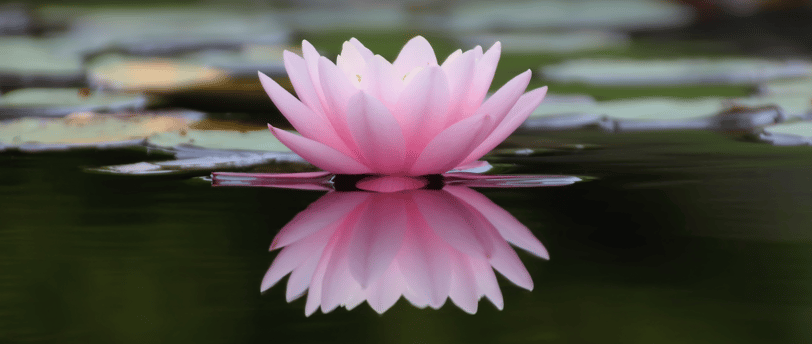Mindfulness for Personal Well-Being: Reducing Stress and Cultivating Balance
Explore the realm of mindfulness, discovering its profound impact on personal well-being and education. This article unveils the benefits of mindfulness practices, offering insights into reducing stress, improving focus, and cultivating a balanced life through mindfulness techniques. Join us on a journey toward a more centered and mindful existence!
WELLNESS & EDUCATION
Monika K.
11/19/20232 min read


Welcome to a journey of discovery, where the art of mindfulness becomes your guiding compass. Today, we'll delve into the myriad benefits of mindfulness, exploring its profound impact on personal well-being and education.
Understanding Mindfulness: Beyond the Buzz
Mindfulness is more than a trendy term; it's a way of life. At its core, mindfulness is the practice of being fully present and engaged in the present moment, without judgment. It encourages a conscious awareness of thoughts, feelings, and surroundings, fostering a sense of clarity, calmness, and resilience in the face of life's challenges.
Mindfulness in Education: Nurturing Minds, Cultivating Success
The classroom is a place where mindfulness finds its wings. Educators worldwide are integrating mindfulness practices into their teaching methods, witnessing remarkable transformations in students' learning experiences. From breathing exercises to brief moments of mindful awareness, these practices help students improve focus, manage stress, and develop emotional regulation. For educators, embracing mindfulness creates an environment conducive to enhanced learning, improved concentration, and increased empathy among students.
Mindfulness for Wellness: Finding Serenity in the Everyday
Mindfulness extends far beyond the classroom walls; it's a lifestyle choice. By incorporating mindfulness practices into daily routines, individuals can experience profound shifts in their well-being. These practices range from mindful breathing exercises to body scans and guided meditations. Engaging in these simple yet powerful activities fosters a sense of calmness, reduces stress, improves focus, and enhances overall mental and emotional well-being.
Mindfulness Tools and Techniques
Curious about incorporating mindfulness into your life? Let's explore some practical techniques! Mindful breathing exercises, a cornerstone of mindfulness practices, invite us to focus on our breath, grounding us in the present moment. Body scans encourage us to pay attention to different parts of our body, fostering a deeper connection with ourselves. Taking mindful walks amidst nature or engaging in mindful pauses during daily activities are gentle reminders to slow down and savor the present. Walking near water bodies like ponds or lakes offers unique benefits for both physical and mental well-being. The calming presence of water has a remarkable ability to soothe the mind and reduce stress. The gentle sound of water, whether it's the rhythmic lapping of waves or the tranquil flow of a stream, creates a peaceful atmosphere, promoting relaxation and a sense of serenity. The scenic views and fresh air near water bodies contribute to a revitalizing experience, fostering a deeper connection with nature and allowing for moments of reflection and tranquility during the walk. This combination of natural elements enhances the overall benefits of walking, making the experience not just physically refreshing, but also emotionally rejuvenating.
Embracing a Mindful Journey
Embark on a transformative journey toward mindfulness! Whether you're a student seeking improved focus, an educator shaping young minds, or an individual yearning for a more balanced life, mindfulness offers a path to a more harmonious existence.
At HomeFizz, we're passionate about guiding you through the rich tapestry of mindfulness, education, and well-being. Join us as we uncover tools and insights to nurture a mindful and balanced lifestyle.
May each mindful breath lead you closer to peace, presence, and an enriched life's journey!
Disclaimer:
The information provided in this article is for educational and informational purposes only. The content aims to offer insights into mindfulness practices and their potential benefits in education and well-being. However, it does not substitute professional advice or diagnosis. Readers are encouraged to consult with qualified professionals or experts for personalized guidance or specific concerns related to their well-being, education, or any other related areas. The website, its authors, or contributors are not liable for any actions taken based on the information provided in this article.
